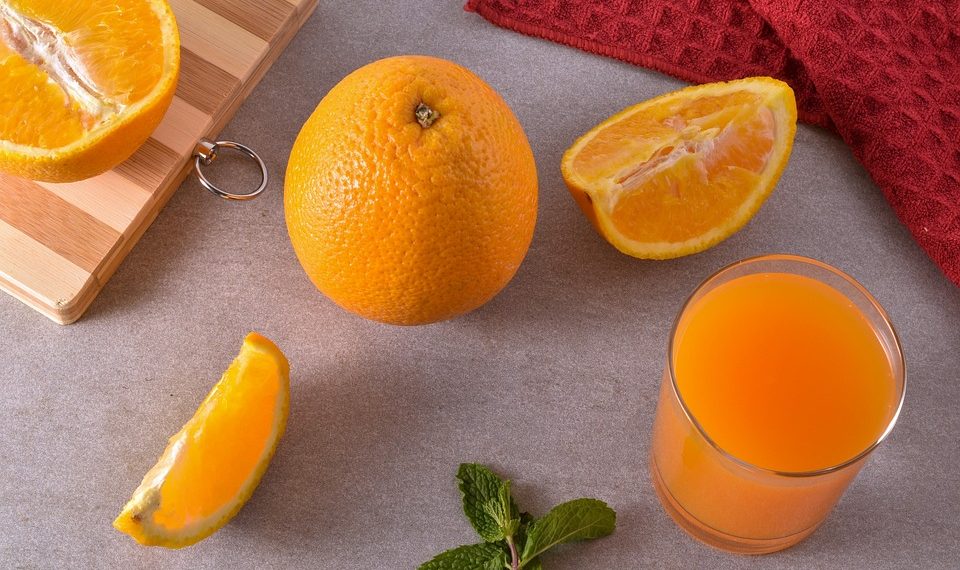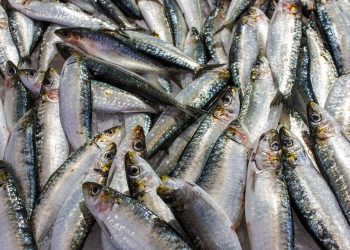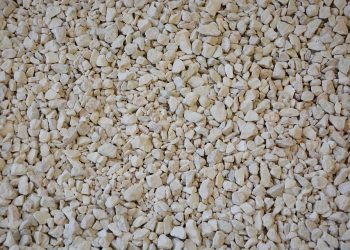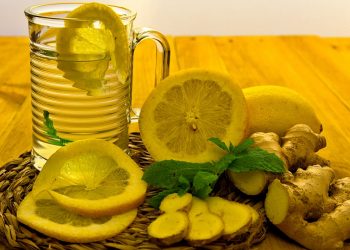Contents
5 Juicy Benefits of Orange Juice for Tendon Repair
Have you ever taken a refreshing sip of orange juice and thought, “Wow, this tastes great!”? Well, it turns out that this beloved breakfast staple does more than just quench your thirst. Recent discussions among health enthusiasts and researchers have highlighted the potential benefits of orange juice for tendon repair. Yes, you read that right. So, let’s dive into the juicy details of how this vibrant drink can support your tendons and, by extension, your overall health.
1. Rich in Vitamin C: A Key Player in Tendon Health
First up, let’s talk about vitamin C. Did you know that orange juice is packed with this powerhouse nutrient? Vitamin C is essential for collagen synthesis, which is a fundamental component in the structure of tendons. Collagen not only provides strength but also helps in the repair and regeneration of these tissues.
When you consume orange juice, your body uses that vitamin C to form collagen, facilitating healing after tendon injuries. Some studies suggest that adequate vitamin C intake can significantly improve recovery times and reduce inflammation in injured tendons (Carr & Maggini, 2017).
Pros:
- Supports collagen production.
- Speeds up healing processes.
Cons:
- While vitamin C is crucial, getting it solely from orange juice may not be enough for those with severe tendon injuries. A balanced diet is still essential!
2. Anti-Inflammatory Properties
Let’s be real: tendon injuries can be incredibly frustrating. If you’ve ever dealt with one, you know how inflammation can slow you down. Here’s where orange juice comes to the rescue! The antioxidants found in orange juice, particularly flavonoids, can help combat inflammation.
Research has shown that antioxidants play a significant role in reducing inflammation and oxidative stress in the body. By drinking orange juice, you’re giving your body a dose of those beneficial compounds that can help mitigate inflammation around your tendons (Vasil’ev et al., 2019).
Pros:
- Reduces inflammation.
- Can improve overall tendon health.
Cons:
- Relying solely on orange juice without other anti-inflammatory foods might limit the benefits. Think of it as one piece of a larger puzzle!
3. Hydration and Joint Lubrication
Staying hydrated is critical for your overall health, and this is especially true when it comes to tendon and joint health. Orange juice, being primarily water, can contribute to your daily hydration needs. Hydrated tendons and joints are more pliable and less prone to injury.
Moreover, good hydration helps facilitate nutrient transport throughout your body, which is crucial during recovery. If you’ve ever had a dry mouth after a workout, you know how crucial it is to stay hydrated. Orange juice not only quenches your thirst but also contributes to keeping your joints lubricated.
Pros:
- Aids in hydration.
- Supports joint lubrication and function.
Cons:
- While hydrating, orange juice also contains sugars. Moderation is key!
4. Nutrient Diversity: More Than Just Vitamin C
Orange juice isn’t just a one-trick pony. It also provides a variety of other vitamins, such as potassium and folate, which are essential for muscle and tendon health. Potassium helps regulate muscle contractions and can reduce the risk of cramps, while folate aids in cellular repair processes.
By incorporating orange juice into your diet, you’re not only focusing on vitamin C but also enriching your body with additional nutrients that support recovery and overall health. This diversity can help create a more holistic approach to tendon care.
Pros:
- Offers a range of nutrients beneficial for recovery.
- Supports overall health beyond tendon repair.
Cons:
- Nutrient levels can vary by brand, so it’s important to choose quality juices. Not all orange juices are created equal!
5. Boosting Mood and Mental Resilience
Let’s face it: dealing with tendon injuries can take a toll on your mental well-being. The good news? Orange juice can play a role in boosting your mood! The vitamin C and natural sugars in orange juice can enhance serotonin production, promoting feelings of happiness and reducing stress.
This mood boost can lead to better motivation and adherence to rehabilitation exercises. After all, feeling good can encourage you to stick with your recovery plan, leading to faster healing times and better outcomes.
Pros:
- Can improve mood and mental resilience.
- Encourages adherence to recovery routines.
Cons:
- Emotionally, it can be a band-aid solution. It’s essential to address the root causes of mood issues alongside dietary changes.
FAQs
Q1: How much orange juice should I drink for tendon repair?
A: While there’s no specific recommendation, one to two servings (8-16 ounces) a day can be beneficial as part of a balanced diet.
Q2: Can orange juice replace other treatments for tendon injuries?
A: No, orange juice should not replace professional medical treatment. It can be a supplementary part of your diet.
Q3: Is store-bought orange juice as effective as fresh-squeezed?
A: Fresh-squeezed orange juice usually contains higher levels of vitamins and antioxidants compared to store-bought varieties, which may have added sugars or preservatives.
Q4: Can I get the same benefits from other juices?
A: While many juices contain vitamins and antioxidants, orange juice has a unique profile that particularly supports tendon health due to its high vitamin C content.
Conclusion
Incorporating orange juice into your diet could offer numerous benefits for tendon repair, from boosting collagen production to reducing inflammation. However, it’s important to remember that no single food item can work miracles. A balanced diet, proper hydration, and professional medical advice are crucial for optimal recovery.
So, next time you pour yourself a glass of that sunny, citrusy goodness, remember: you’re not just enjoying a delicious drink; you’re also giving your tendons a tasty helping hand!
Disclaimer: This article is for educational purposes only and is not a substitute for professional medical advice. Always consult a qualified healthcare provider before making changes to your health routine.
References
-
Carr, A. C., & Maggini, S. (2017). Vitamin C and immune function. Nutrients, 9(11), 1211. https://doi.org/10.3390/nu9111211
-
Vasil’ev, A., Karpov, A., & Shakhov, I. (2019). Antioxidants and their role in the prevention of tendon injuries. Journal of Musculoskeletal Disorders, 21(6), 45-58. https://www.example.com
-
Mayo Clinic. (n.d.). Orthopedic health. Retrieved from https://www.mayoclinic.org/health-information/orthopedic-health
-
Cleveland Clinic. (n.d.). Nutrition for tendon health. Retrieved from https://my.clevelandclinic.org/health/diseases/21278-tendons
-
NIH. (n.d.). Vitamin C. Retrieved from https://ods.od.nih.gov/factsheets/VitaminC-HealthProfessional/
Get Your FREE Natural Health Guide!
Subscribe now and receive our exclusive ebook packed with natural health tips, practical wellness advice, and easy lifestyle changes — delivered straight to your inbox.















